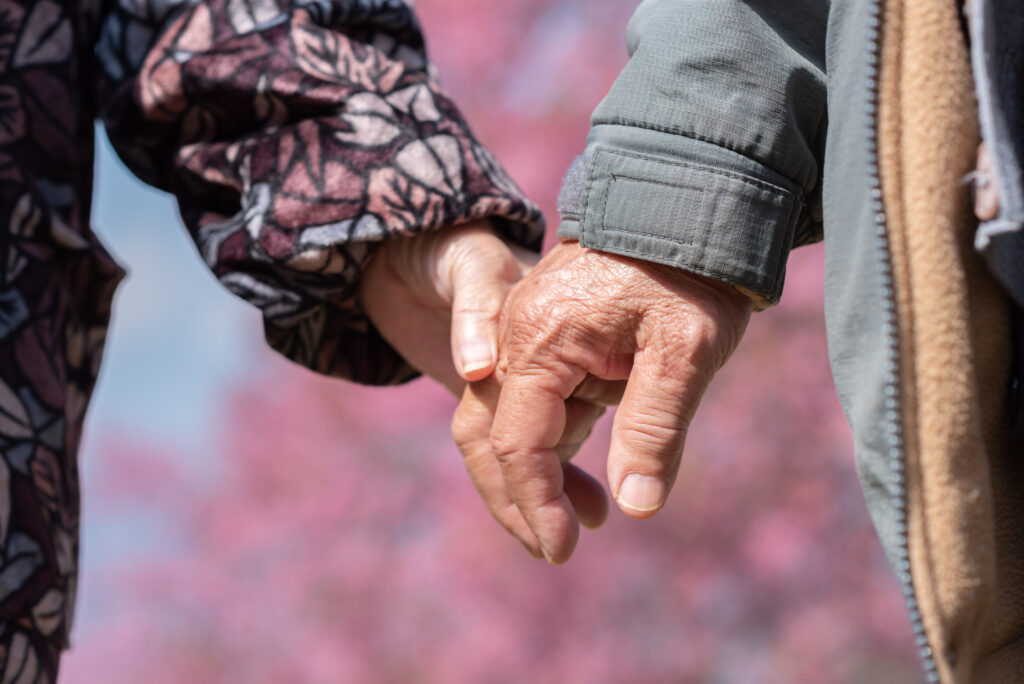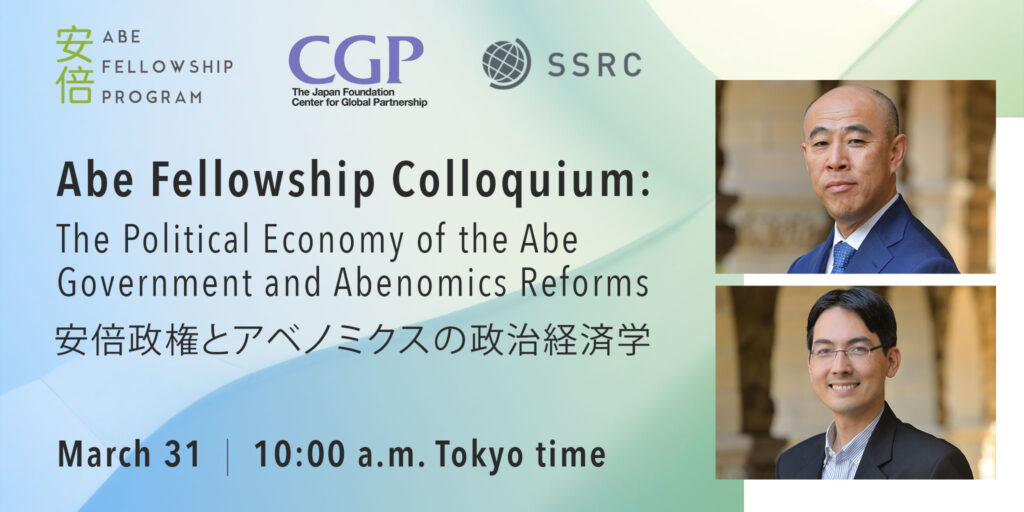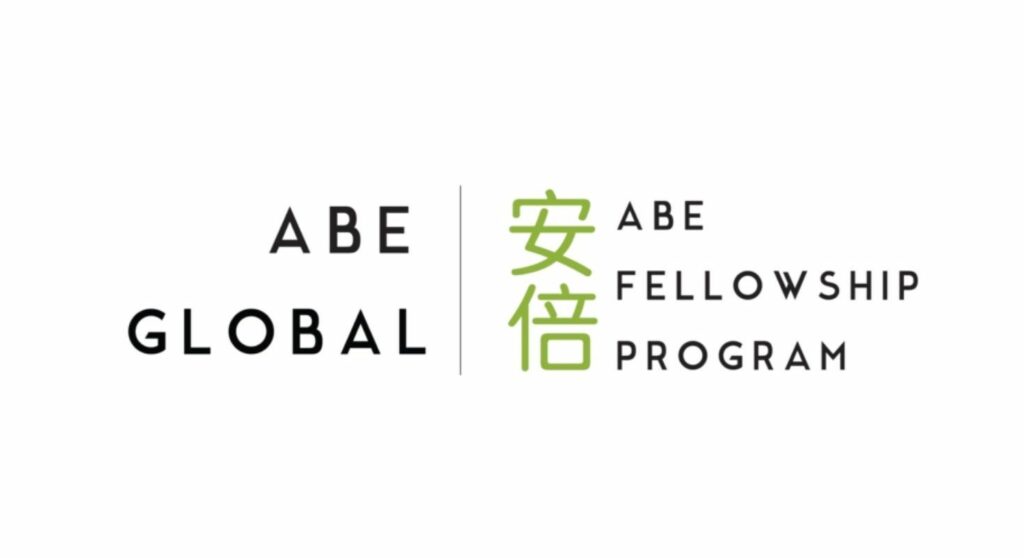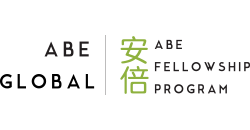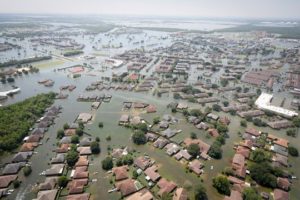Abe Global 2022 | Polishing Japan’s Silver: Aging Sustainably in the 21st Century
Across the world, societies are struggling to design sustainable policies for their aging populations. In much of the developed world, an increasing share of the population is over 60. In Japan, which has long been viewed as the pioneer “super-aging” society, nearly 30% of the population is now over 65. Individuals are living much longer lives due to improvements in nutrition and health care, while evolving lifestyles and shifting socio-economic conditions have kept birth rates at historic lows. The combination has produced a crisis in the social welfare systems which provide financial and care support for older citizens. The result …
